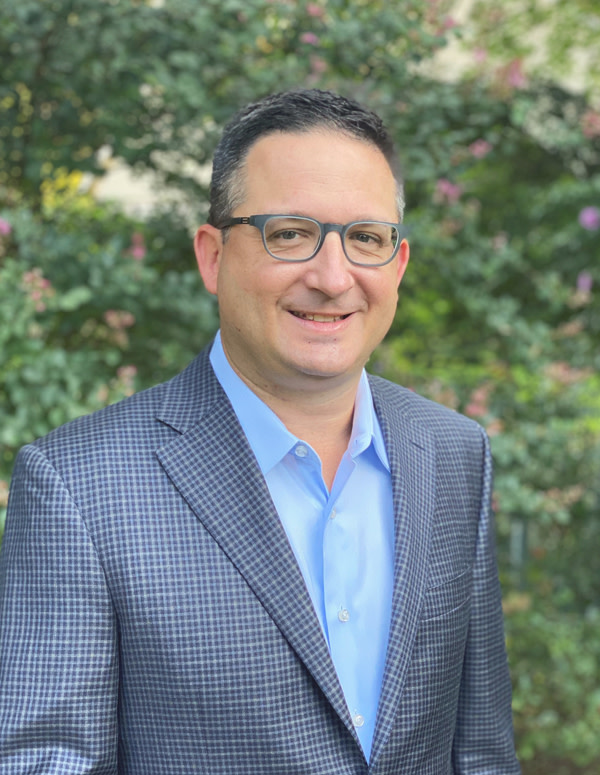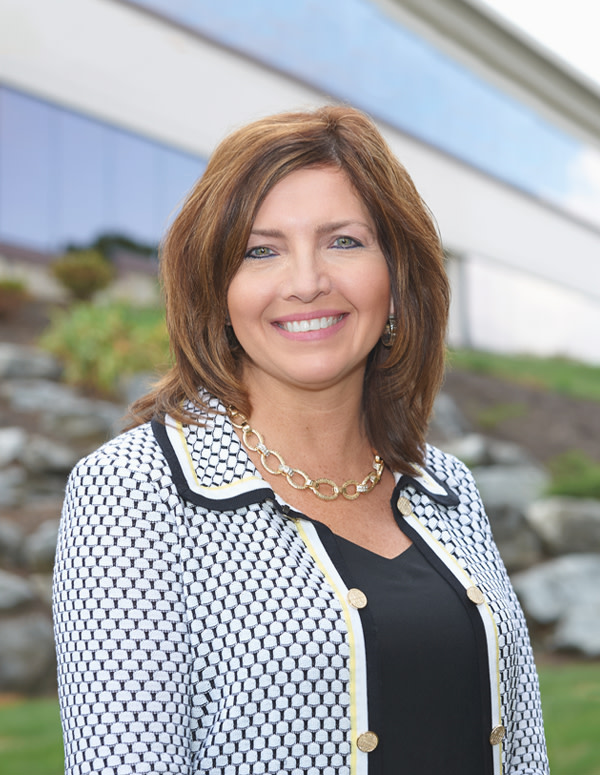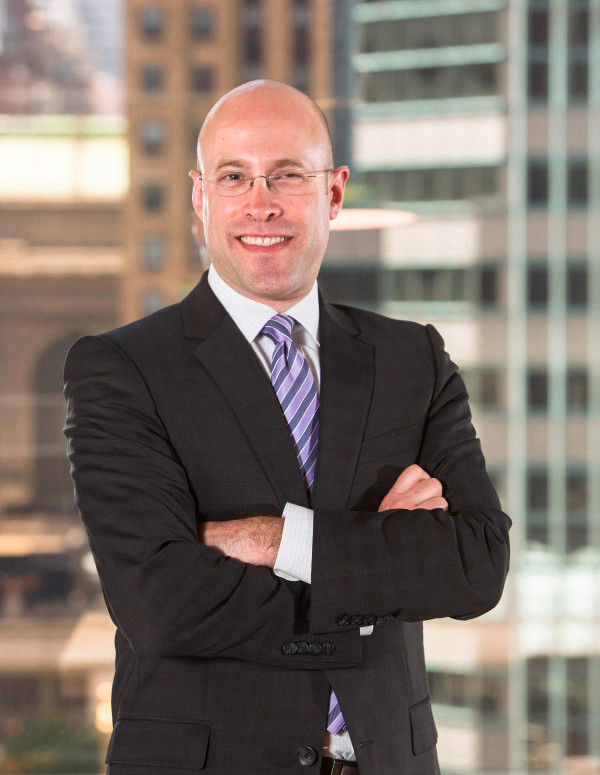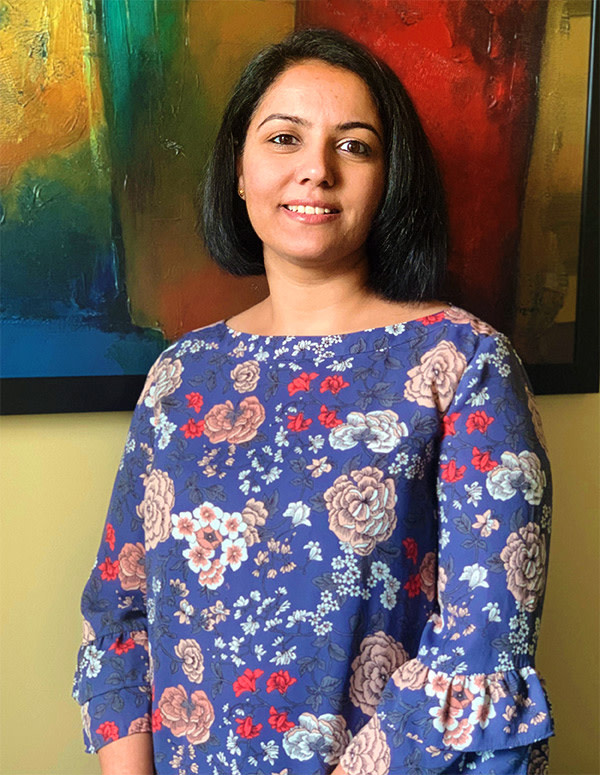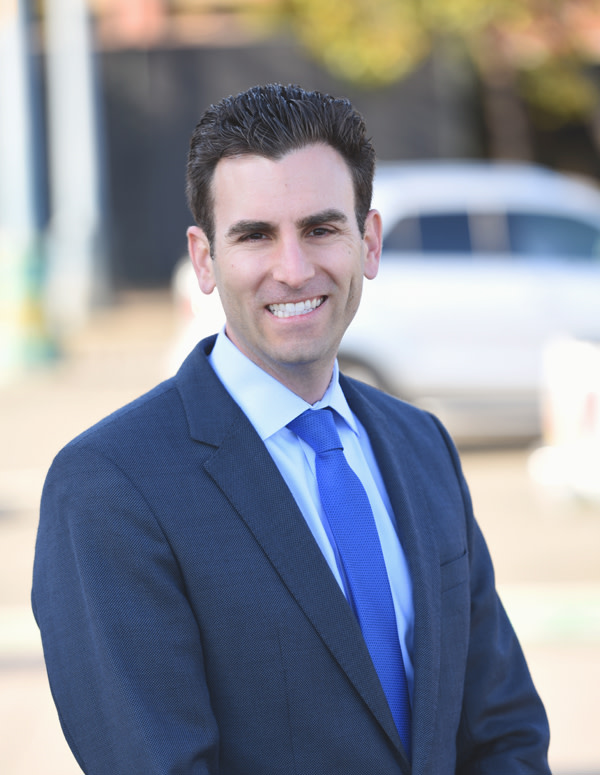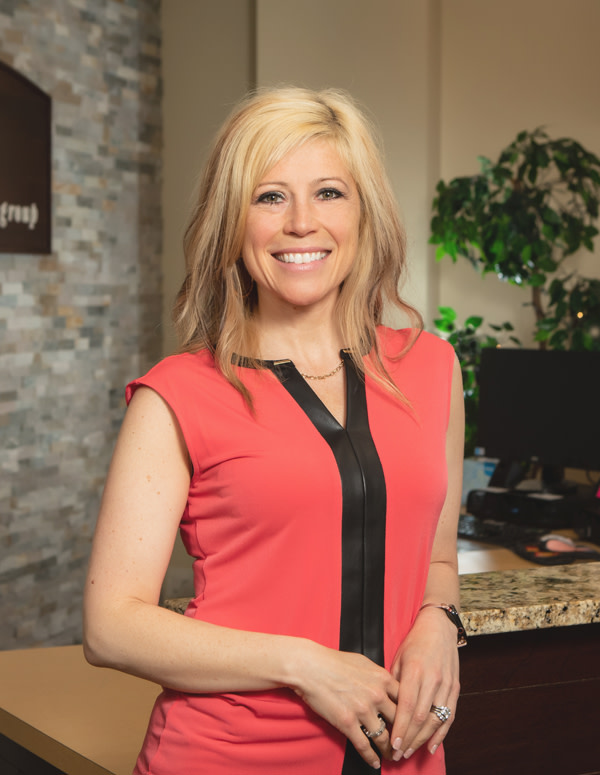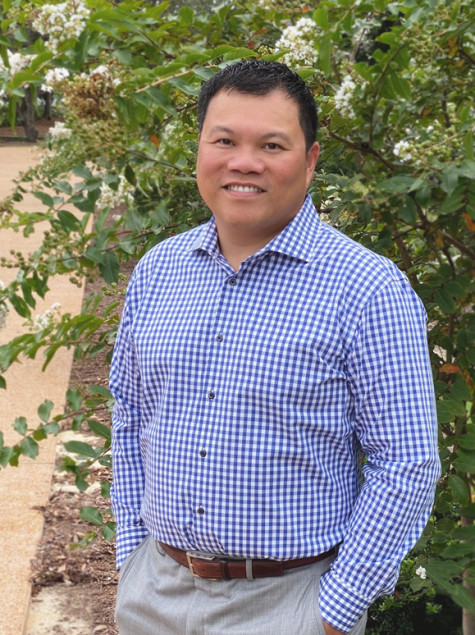
Meet John Nguyen, CFP®, CIMA®, managing partner, Clarendon Wealth Management
Since first taking the leap to independence when he joined Commonwealth in 2007, John has continued his firm's evolution, transitioning to a fee-based business in 2018. Devoted to his family and focused on serving his community, John has found a balance between flexibility and growth.
- Location
- Arlington, Virginia
- Business Model
- Corporate RIA/IAR Only
Working on the same side of the table
The offices of Clarendon Wealth Management overlook the site of John's family's first restaurant in the Washington, D.C., area—a restaurant they opened after escaping Vietnam to build a new life in America. John likewise built his practice on the values of integrity, hard work, and sacrifice, and it's these values—along with a passion for developing lasting relationships—that are some of the many things John and Commonwealth have in common. "The personal connections and the bonds that evolve—it's something unique, and it validates the partnership. It validates working on the same side of the table with one another to put the clients' interests first." How does John continue to build a bigger table?
QYou've transitioned twice: the first time when your firm joined Commonwealth, and the second time when your firm changed your business model. What was the initial transition process like?
[With our previous broker/dealer,] we were captive in terms of the advice, recommendations, and investment products that we could offer the client. After a couple of years, you feel that the culture is shareholder-first and management profits. But the clients’ best interests were never paramount. We wanted to put the clients’ needs and interests first. At the time, I think it was pioneering.
When I met with Commonwealth, the expectations were set that it's going to be a dual interview. We're going to talk to each other—you learn more about us, we will learn more about you, and then we can decide if it's a good fit. Part of the process was that Commonwealth may not be interested in me or I may not be interested in them, rather than a recruiter calling you not knowing anything about you and already having an offer letter drafted.
At the time, I was a little pea in the pod, a very small practice, a 28-year-old punk kid. I shared that I had a personal family obligation to take care of before I could join, and there was no pressure. I called two weeks later: okay, I want to transition.
As a solo practitioner, having the transition team, having your recruiting coordinator, the daily updates, the weekly updates, the follow-up is pivotal. Having that reassurance that the transition team is doing everything they can—from the paperwork to the administrative aspects—allows you to focus primarily on meeting with the clients, assuring them that they should come with you.
QHow does working with Commonwealth make your work life easier?
As technical as this business is, it is a relationship business, a people business. Because I have confidence that Commonwealth is constantly updating its systems to improve processes, it allows us to focus a majority of our time, effort, and energy on doing what's right for the client. We lead with planning in our client relationships, and it takes a tremendous amount of time to build that. Since we have such confidence that everything Commonwealth has is working and fine-tuned for us, it’s not an issue we have to worry about.
If there's a paperwork issue, we can get on the phone and talk to Commonwealth staff and get it taken care of quickly. Having a Service Center where our team knows who to call, with minimal hold time—I think that's underappreciated. When my team calls, the chances are that they're going to talk to the same person a few times. I think that consistency allows them to bond and build a relationship, which leads to better outcomes.
If we gain the client, it's because of us and our partnership with Commonwealth.
There's more than one way to independence. We support them all.
How would you explain the advisor-centric culture at Commonwealth?
At Commonwealth conferences, there's no puffery. The only distinguishing marks on someone's name badge are a star if they newly joined so you could welcome them or their tenure with the company, but nothing on the badge notes any production or success level. That's unique to Commonwealth—what we have is completely different, there's enough of the pie to go around.
You have to experience it, but I personally think that it's a true partnership. The perfect example is on the first day of the National Conference, they say, "Thank you for allowing us to partner with you." That's not the case with any other large broker/dealer out there. Within five minutes of speaking to someone in leadership, it will be, "Thank you for allowing me to be your partner." They're sitting on the same side of the table with you.
QYou chose to transition your business model to Investment Adviser Representative under Commonwealth's corporate RIA. What was that process like?
We wanted full transparency. Our rationale is that we can look at lost revenue if we look backward. But if we look forward, knowing that we're going to do this for another 20 years, the net new revenue will align, and, more importantly, we'll be doing what's best for the client.
I am somewhat surprised, and to some extent, impressed and amazed, as I think about how Commonwealth's leadership has continued to evolve even during trying times. The industry has changed 100 times over in the past seven years and is still evolving to do what's needed to support the advisors, so they can do what's in the clients' best interest. Even the ability to transition in-house to the hybrid RIA model—I don't think they sit around and wait for the industry to dictate terms to them. To a great extent, they're still pioneers.
